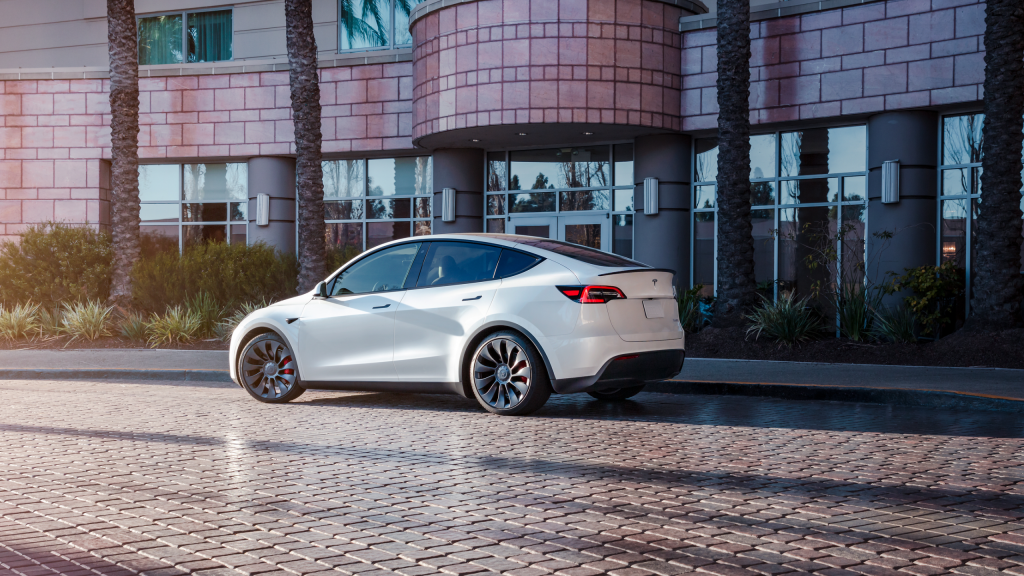Vehicles like the Teslas have become popular in New Zealand, with the Model Y becoming one of the country’s best-selling vehicles in August and September. And with more electric cars on the road, more EV owners have received rebates for their vehicle purchases. This appears to have annoyed some officials.
As noted in local reports, the New Zealand government has paid out over NZD 30 million (over USD17 million) to Tesla owners. It’s not just Tesla owners either, as even buyers of more affordable EVs like the Nissan Leaf have also received substantial incentives.
But while more Leaf drivers have received subsidies than Model 3 owners, Newshub NZ noted in a recent report that Tesla drivers received notably more rebates than their Nissan-driving counterparts. About NZD 16 million (USD9.1 million) has gone to Nissan Leaf owners, while NZD 33 million (USD18.7 million) has gone to Tesla drivers.
New Zealand’s clean car discount is intended to be a revenue-neutral system, with subsidies being paid for by a tax on vehicles with high emissions, such as diesel-powered pickup trucks. Since April, however, only NZD62.8 million (USD35.7 million) has reportedly been collected from owners of high-emissions vehicles, but over NZD95 million (USD54 million) has been paid out in subsidies.
Simeon Brown, National Party MP for Pakuranga and Spokesperson for Transport and Public Service, has spoken out against the trend, noting that the system has become a “reverse Robin Hood” scheme of sorts. According to Brown, the current system results in rebates going to people “who can already afford to buy Teslas.”
“This is a reverse Robin Hood scheme. It’s taking from people who don’t have a choice about what kind of vehicles they drive like farmers and tradies, and it’s giving it to people who can afford to buy the expensive luxury vehicles like a Tesla,” Brown said.
Transport Minister Michael Wood, however, has noted that the program is a success. “The biggest number of vehicles that we have supported through the clean car discount scheme have actually been relatively affordable hybrid vehicles. What the clean car discount has done over the last year has increased our intake of zero-emissions vehicles to one of the highest rates in the world. The scheme is an outstanding success,” Wood said.
Amidst the criticism of the program, Newshub NZ noted in its report that some changes to the scheme may be coming soon, with the government rebalancing the system so that its fees match the subsidies.
Don’t hesitate to contact us with news tips. Just send a message to simon@teslarati.com to give us a heads up.


ivermectin 3 mg for humans for sale – tegretol 200mg over the counter carbamazepine 200mg cheap
isotretinoin ca – order absorica online cheap linezolid online buy
brand amoxicillin – buy diovan 160mg combivent 100mcg pills
zithromax canada – order generic tindamax 300mg cheap bystolic
omnacortil 40mg drug – azipro price buy generic progesterone
gabapentin 100mg oral – order generic clomipramine 25mg buy sporanox 100mg
lasix oral – cost piracetam 800mg oral betamethasone
clavulanate where to buy – buy augmentin 625mg for sale purchase duloxetine online cheap
order vibra-tabs sale – order albuterol pill brand glucotrol 10mg
amoxiclav order – buy nizoral pills order cymbalta 20mg generic
cheap rybelsus 14mg – rybelsus 14mg brand periactin 4mg uk
how to get zanaflex without a prescription – order plaquenil 400mg generic microzide pills
tadalafil 40mg us – buy cialis online safely sildenafil order online
atorvastatin 40mg drug – atorvastatin usa buy lisinopril pills
lipitor online – buy lipitor 40mg sale order lisinopril 2.5mg for sale
lipitor 20mg drug – amlodipine canada order zestril 10mg generic
methylprednisolone 16mg pills – order lyrica 75mg aristocort cheap
order desloratadine 5mg sale – desloratadine uk dapoxetine 90mg for sale
order misoprostol generic – buy cytotec generic purchase diltiazem without prescription
cost acyclovir 400mg – zyloprim cheap buy generic rosuvastatin for sale
buy domperidone 10mg sale – motilium pill buy cyclobenzaprine medication
domperidone for sale – buy generic cyclobenzaprine buy flexeril 15mg sale
inderal 10mg pills – buy methotrexate no prescription cost methotrexate 10mg
order coumadin 2mg online – losartan canada cozaar buy online
cheap levofloxacin 500mg – levaquin 250mg drug ranitidine brand
how to get nexium without a prescription – topiramate order online imitrex pills
buy mobic medication – order meloxicam 15mg for sale buy flomax 0.4mg pill